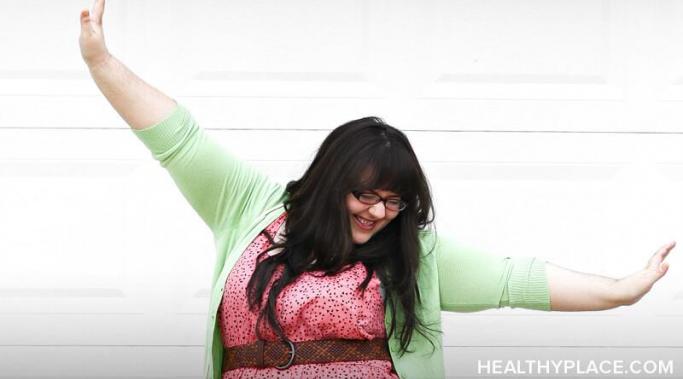I've come up with many different mantras for recovery in the past few years, and even though it might feel like they're just words, I've noticed that they actually make a huge difference in how I feel about myself and my recovery journey. Today I want to share some of those mantras with you, and I hope at least one of them strikes a chord with you. If you find one you like, try repeating it to yourself any time your recovery is challenged, or even just when you get up in the morning and go to bed at night. These mantras for recovery are now yours; use them however you need.
Self-care - Recovering from Mental Illness
For most of my childhood, I used reading to cope with trauma. This might not sound like a bad thing, and it wasn't entirely, but it came with a couple of big problems. Coping mechanisms develop as a way for us to protect ourselves, to survive despite threats to our wellbeing or identity. However, these coping mechanisms can get in the way of real connection.
Recently, my therapist suggested that I look into how to use emotional freedom technique (EFT) tapping in recovery to see if it was something I might be interested in trying. Now, it's one of my favorite coping techniques and I think it's going to make a big difference in my trauma work. If you haven't heard of EFT tapping, it involves tapping on specific points while speaking phrases of acceptance.
I've never really thought that feeling numb was a problem for me. I've always had issues with feeling too much. Even when I'm depressed, I don't usually relate to the emptiness that many others describe. Even my depression is full of emotions, from self-loathing to existential dread. But over the last few years, I have learned to cope with my depression better and better, so when those depressive emotions resurface, I panic and try to shove them away. Which is why, after years of depression and anxiety, I am just now starting to experience numbness.
I am a big believer in the idea that writing can help with recovery from mental illness. I am a professional freelance writer now, but even before I made my living by writing, I used writing in a variety of ways to help with my recovery from mental illness.
I am learning that weight gain in my recovery from depression and anxiety acts as a trigger for those disorders. Last November, I had a baby and I gained a lot of weight while I was pregnant. I knew I wouldn't return to my old size right away, but I assumed it would happen after a few months.
I've been in recovery from mental illness for several years now because recovery is a slow, and often lifelong, process. There are many aspects of recovery that I have a pretty good handle on at this point, like opening up in therapy and sharing my experiences with others to make all of us feel a little less alone, but one part that still throws me for a loop every time is the "random" breakdowns in mental health recovery.
Mental resistance is something we all experience, but for a long time, I didn't realize there was actually a name for it, or a reason it happened besides me being lazy, horrible and bad. Mental resistance is that feeling where you want to do something a little differently to improve your life, but for some reason, you're just stuck.
Many forms of self-care are absolutely essential for any healthy, functioning person, but, oftentimes, we see the same recommendations online over and over, like getting a manicure or snuggling with a weighted blanket. But what if these self-care activities aren't right for you? There are different forms of self-care that you might enjoy.
People might think I have my life together, and for the most part, I do. But even after years of recovery, I still struggle. My struggles and how I react to them are different now from when I was first diagnosed, but some days it is painfully clear that recovery is a lifelong battle.









